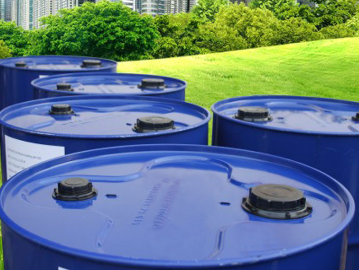
Silicone rubber has become an increasingly popular material in the construction industry due to its numerous benefits, especially in the realm of sustainability. As the push for environmentally-friendly building practices continues to grow, silicone rubber offers a range of attributes that make it a desirable choice for a variety of construction applications.
One of the key benefits of silicone rubber in sustainable construction materials is its durability. Silicone rubber is highly resistant to extreme temperatures, UV radiation, and weathering, making it an ideal material for outdoor applications such as roofing, sealants, and coatings. Its longevity means that less frequent replacement or maintenance is required, reducing the overall environmental impact of a building over its lifespan.
In addition to its durability, silicone rubber is also valued for its recyclability. Unlike many other construction materials, silicone rubber can be easily recycled and reused in a variety of applications, reducing the amount of waste generated during construction and demolition processes. This not only decreases the demand for virgin materials but also helps to divert waste from landfills, contributing to a more sustainable construction industry.
Silicone rubber is also known for its energy efficiency benefits. When used as a sealing or insulating material, silicone rubber can help to improve the energy efficiency of buildings by reducing heat loss and air leakage. This can lead to lower energy consumption for heating and cooling, resulting in reduced greenhouse gas emissions and lower utility costs for building owners.
Furthermore, silicone rubber is a versatile material that can be used in a wide range of construction applications. From waterproofing membranes to window seals to gaskets, silicone rubber offers a high level of flexibility and adaptability, making it suitable for a variety of design requirements. Its compatibility with other materials also allows for seamless integration into existing building systems, making it an attractive option for retrofitting projects.
Overall, the role of silicone rubber in sustainable construction materials is significant. Its durability, recyclability, energy efficiency, and versatility make it a valuable asset in the quest for more environmentally-friendly building practices. As the construction industry continues to prioritize sustainability, silicone rubber is likely to play an increasingly prominent role in the development of sustainable buildings and infrastructure. By choosing silicone rubber for construction projects, builders and developers can contribute to a more sustainable future for the built environment.